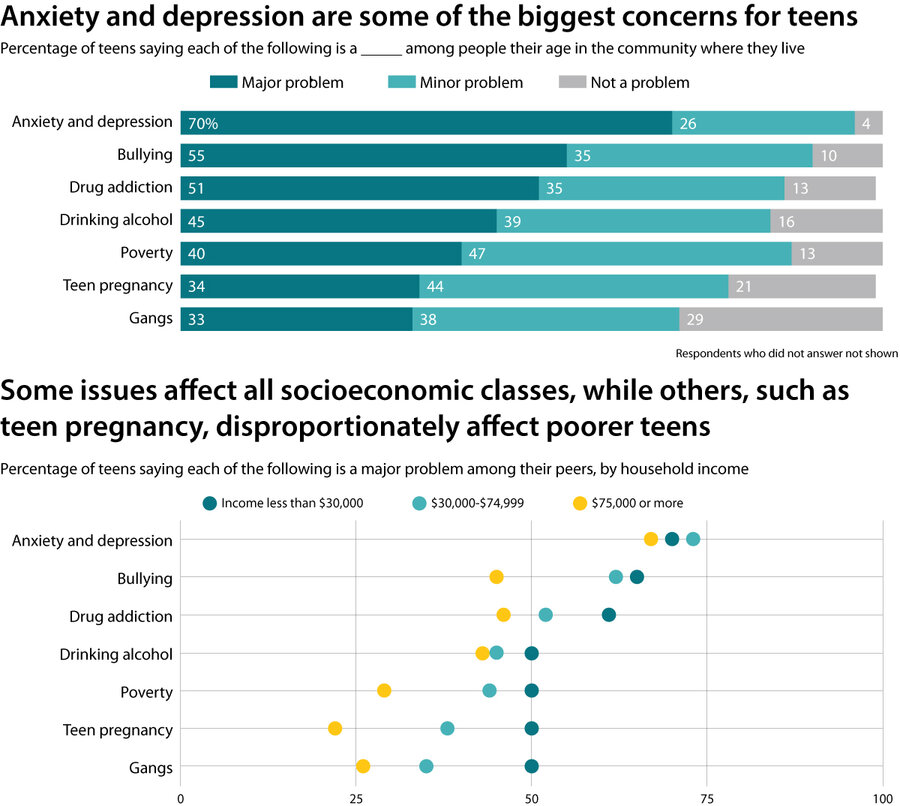The lawsuit filed yesterday by Chinese tech giant Huawei sets up a look at two US values seemingly at odds: the ideal of open competition and the ideal of putting national security first.
Monitor Daily Podcast
- Follow us:
- Apple Podcasts
- Spotify
- RSS Feed
- Download
 Yvonne Zipp
Yvonne Zipp
Every Tuesday evening, Belinda George climbs into a pair of pajamas and reads a bedtime story to her kids.
All of her kids.
The principal of Homer Drive Elementary in Beaumont, Texas, reads on Facebook live so that every child at her elementary school can have the experience of someone who cares about them reading to them and wishing them good night.
In addition to “Tuck-in Tuesdays,” she also hosts dance parties and will show up at a child’s home if the child needs help. (As word has spread beyond the school district, children from out of state have started tuning in to watch Ms. George, wearing, say, a giant pair of red-and-black wings, read “Ladybug Girl.”)
“If a child feels loved they will try [in school],” Ms. George told The Washington Post. “There’s no science about it.”
Parents also need someone to show them the way, and for Jessica Ullian, that person was Brookline, Massachusetts, children’s librarian Paula Sharaga.
“Paula taught me to be a mother. Not how to nurse or change diapers, but how to play and sing and make noises that seemed like nonsense to me, but were an endless delight to my child,” Jessica Ullian writes in a tribute on WBUR of the joy she and her daughter found in the Coolidge Corner Library basement with Ms. Sharaga and her puppet, Mrs. Perky Bird.
After hearing about Ms. Sharaga’s death, Ms. Ullian wondered: “Who will teach everyone else how to parent now that she’s gone?”
So, in honor of Ms. George and Ms. Sharaga, grab a book, snuggle up with a little one, and make your silliest sound.
Now for our five stories of the day.











